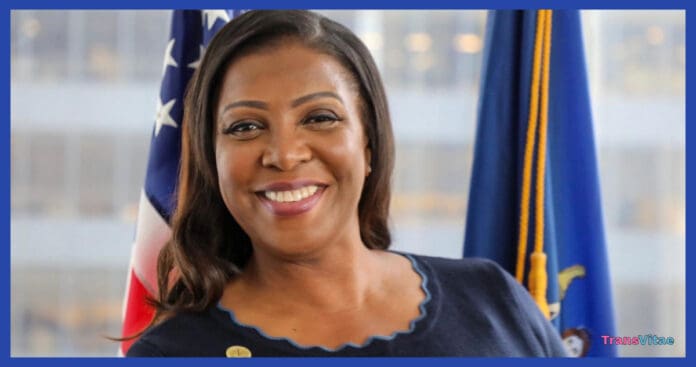A judge in Central Islip, New York, has made a significant decision that allows the state to pursue its legal action against a contentious Nassau County policy. This policy prohibits transgender athletes from participating in women’s and girls’ sports teams, sparking widespread debate and legal scrutiny.
Judge’s Ruling Against Temporary Restraining Order
U.S. District Court Judge Nusrat Choudhury delivered a blow to Nassau County’s efforts to protect its ban against transgender players by denying their request for a temporary restraining order against New York State Attorney General Letitia James.
Judge Choudhury emphasized that Nassau County did not demonstrate the “irreparable harm” necessary to justify such an order, noting the county’s failure to meet the stringent requirements for this “extraordinary relief.”
Legal Context and Implications
This ruling does not conclude the legal validity of Nassau County’s ban but sets the stage for further legal examination. Attorney General Letitia James, advocating against the ban, argues that it contravenes New York’s anti-discrimination laws.
A challenge from a nearby women’s roller derby league parallels this legal contention, further complicating the county’s position.
RELATED: Long Island Roller Derby League Sues Over Transgender Athlete Ban
Nassau County, under the leadership of County Executive Bruce Blakeman, has taken a firm stance by initiating a federal lawsuit to defend the ban and seek assurance against state intervention.
The ban’s implications extend to over 100 public sports facilities, directly impacting the accessibility and inclusiveness of community sports.
The County’s Stance and Broader Debate
Nassau County’s justification for the ban resonates with arguments made in other regions, asserting that the inclusion of transgender athletes in women’s sports compromises fairness and violates the constitutional rights of cisgender women and girls to equal protection. This position reflects a broader national dialogue on the rights of transgender individuals in sports, balancing inclusivity with competitive fairness.
As the legal proceedings unfold, the Nassau County ban remains a focal point of discussion on gender identity, sports, and discrimination.
The outcome of this case may set a precedent for how transgender athletes are treated in sports across the United States, making it a landmark case for the rights of transgender individuals and the principles of equality and inclusion in sports.


